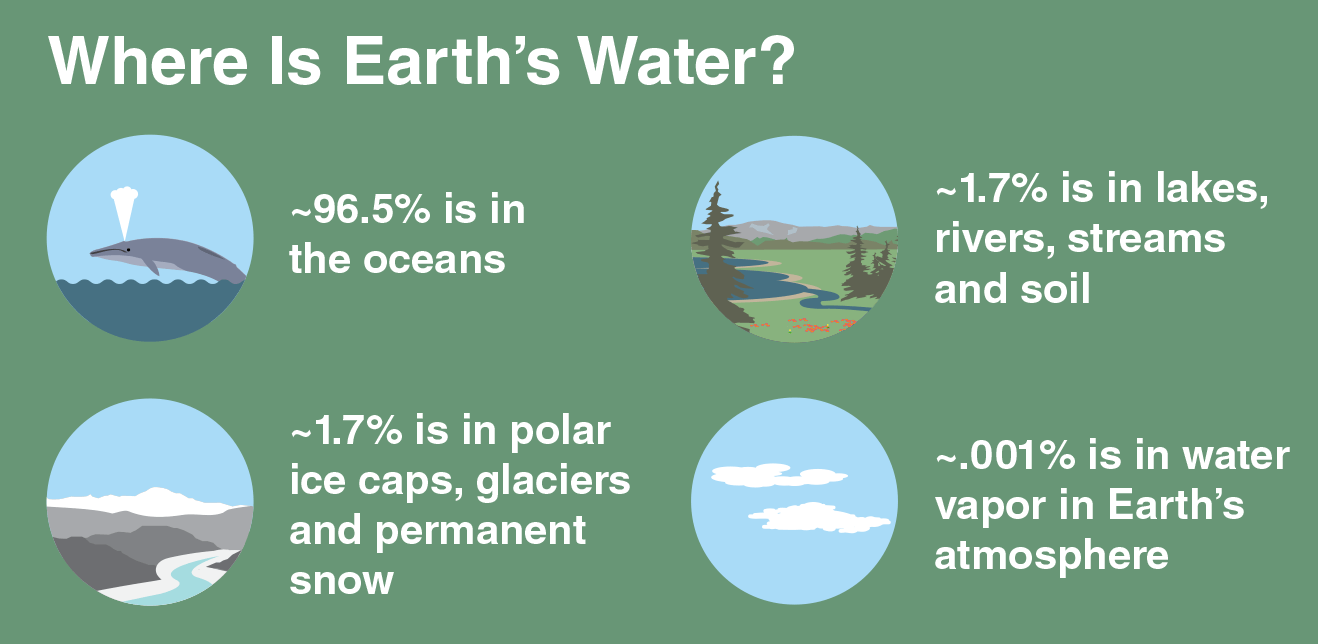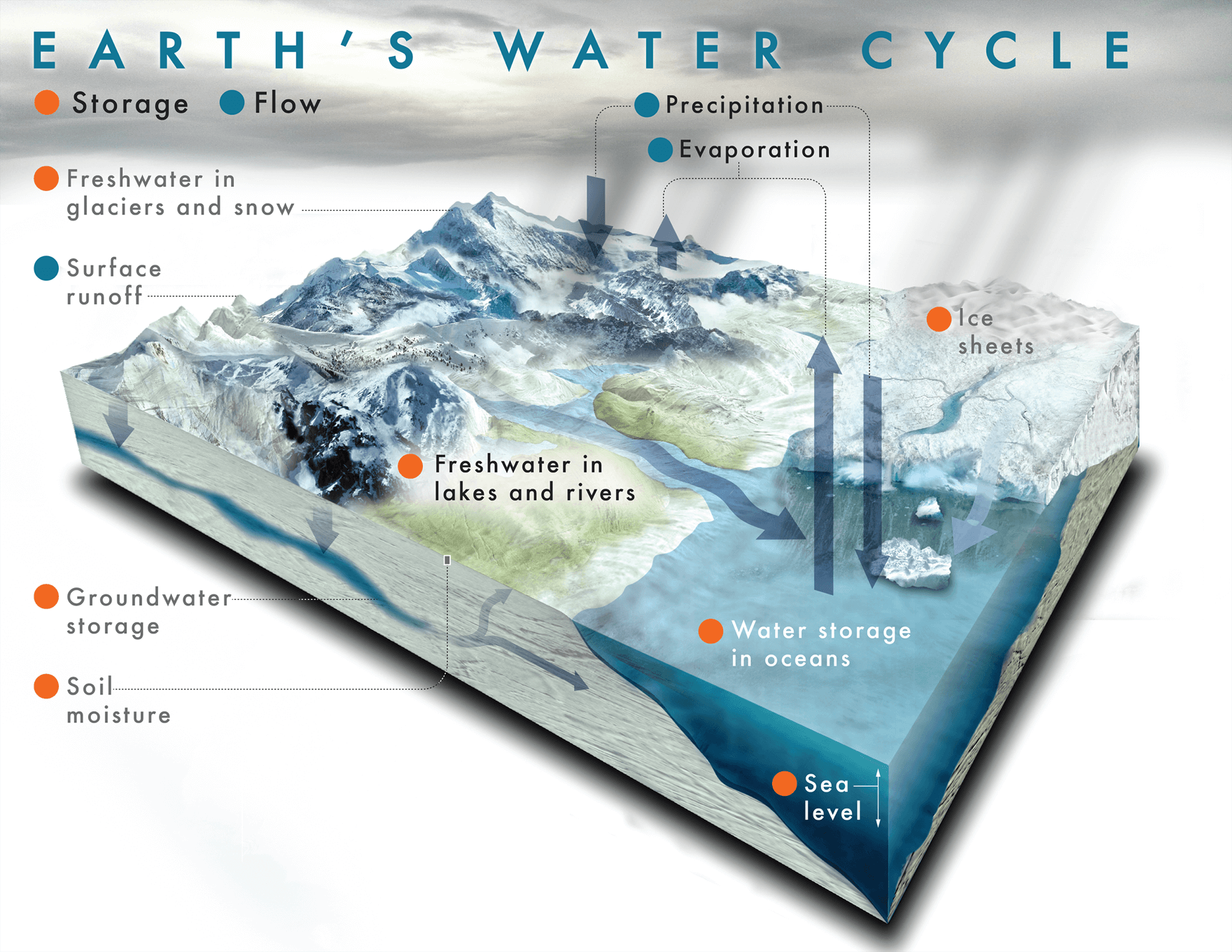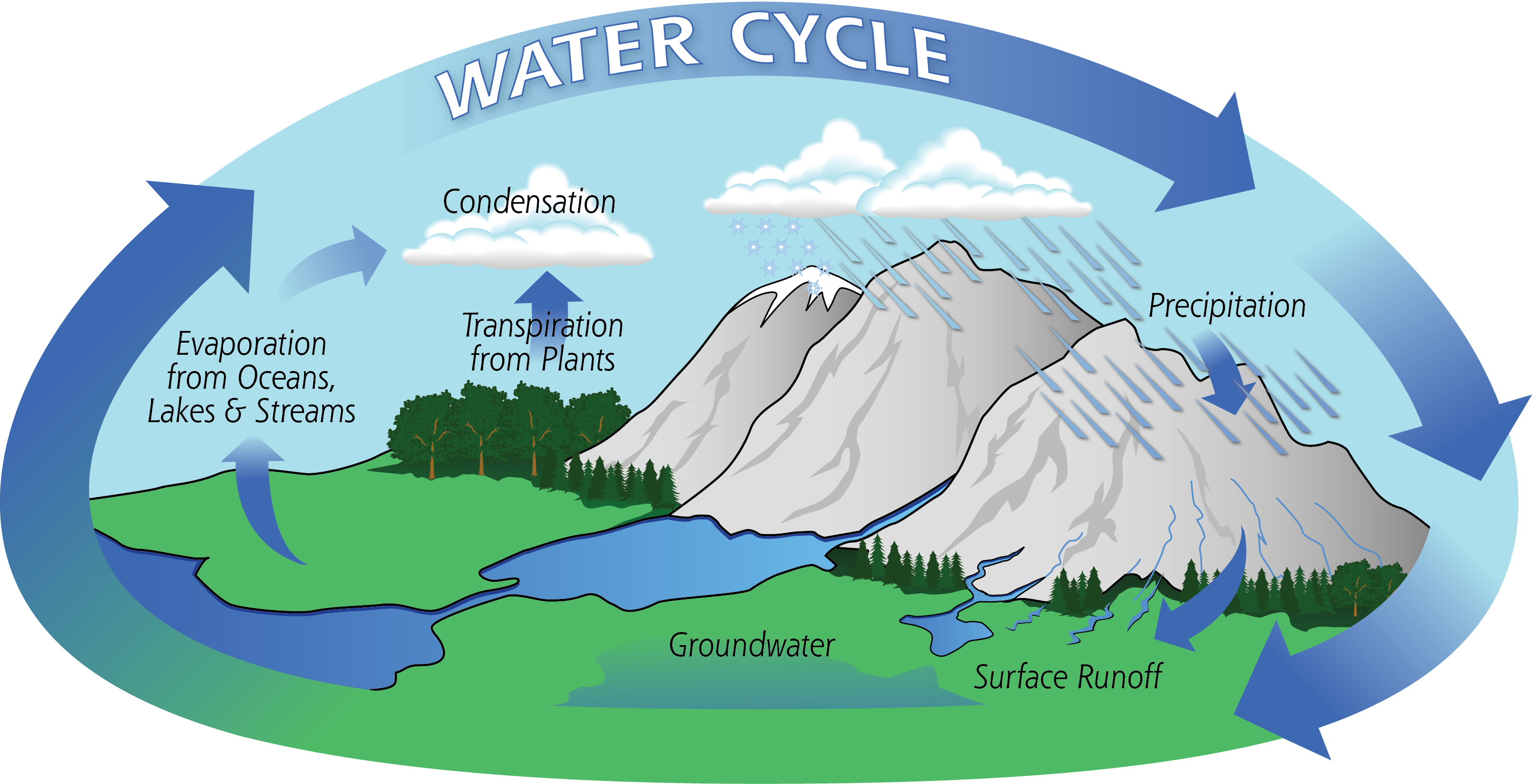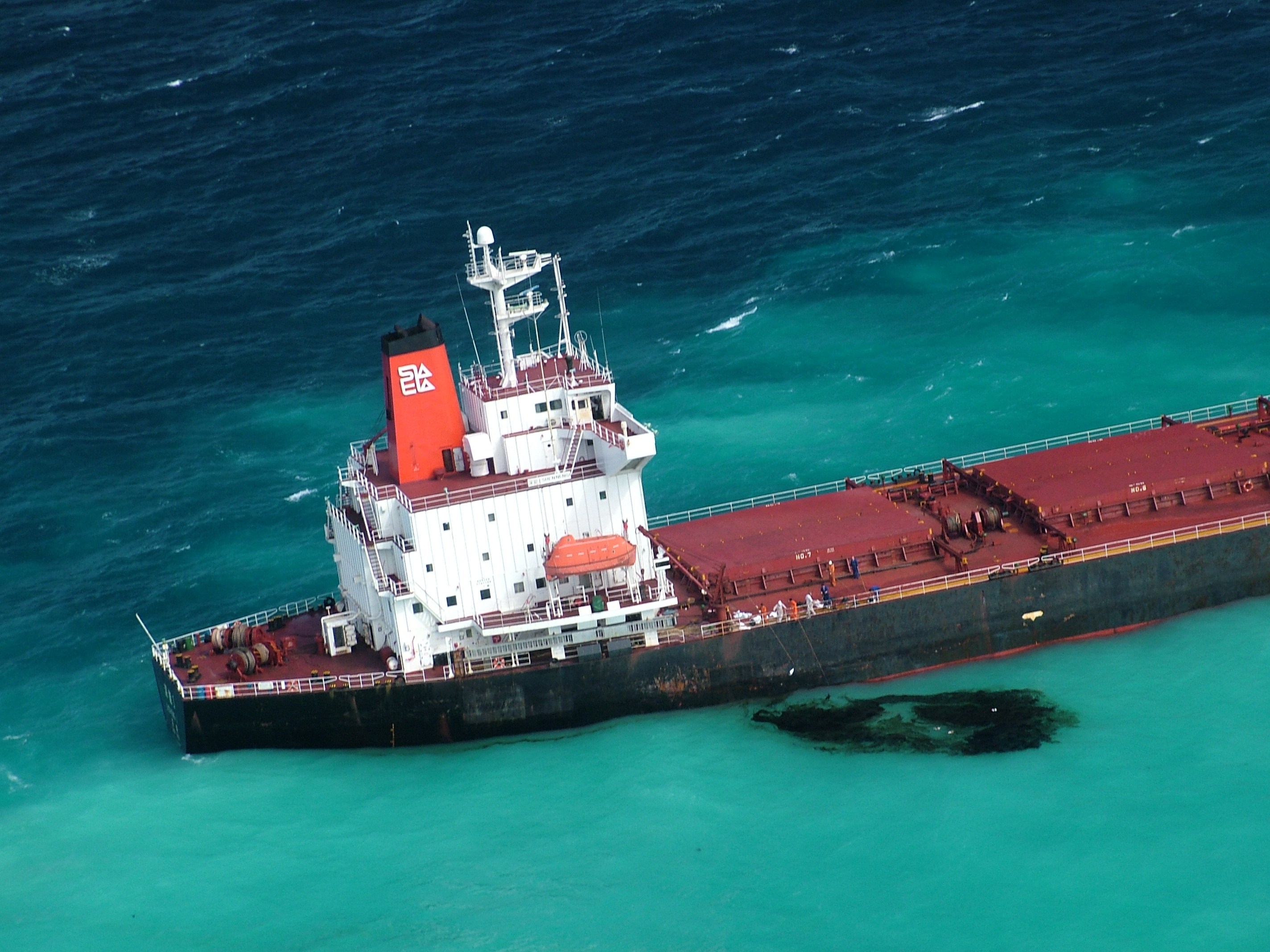Definition:

Scientific words:
- Evaporation. When water is heated by radiant energy it turns into water vapour.
- Transpiration. Evaporation from plants.
- Condensation. When water vapour cools, molecules join together and form clouds.
- Precipitation. When clouds get heavy the waters falls as rain, sleet, hail, or snow.
- Acidification: the action or process of making or becoming acidic.
We will be conducting an experiment that looks at the different ways that climate change is affecting the water cycle.

THE WATER CYCLE EXPERIMENT
Bag 1: Normal Water cycle
Bag 2: Water cycle with CO2 added: like Oceans in climate change
Bag 3: Water cycle with ice added: like Antarctica in climate change
Material:
- Plastic Bag.
- Vivid Marker.
- 1 cup of water.
- 2 Drops of food colouring.
Steps:
- Get a plastic bag.
- Get a vivid
- Draw the water cycle on the plastic bag.
The Water Cycle: Bag 1
|
CO2 Water Cycle: Bag 2
Acid
|
Desert Water Cycle
Bag 3
| |
Does it cycle?
| yes | yes | yes |
Amount of Water
| 2 | 2 | 2 |
Acidity
| 1 | 1 | 1 |
Other comments:
1. Water cycle 1 had no acidity
2. Water cycle bag 1-2-3 both have small amount of drips in them
3. Water cycle bag 1,3 have no acidity in them
4. Water cycle bag 1-2-3 all cycle
Conclusion:
It was fun and I learned heaps
Draw a labelled diagram of the Water Cycle
Water cycle words:
- Precipitation
- Hurricanes
- Storms
- Evaporation
- Carbon Dioxide
- Water
- Oceans
- Water vapour
- Freshwater
- Flooding
SOLO Hexagons Activity
Water cycle words:
Water cycle words:
- Precipitation
- Hurricanes
- Storms
- Evaporation
- Carbon Dioxide
- Water
- Oceans
- Water vapour
- Freshwater
- Flooding




:max_bytes(150000):strip_icc()/OilSlick_DavidWallPhoto_LonelyPlanetImages_526697609-56a2ad6c5f9b58b7d0cd5051.jpg)